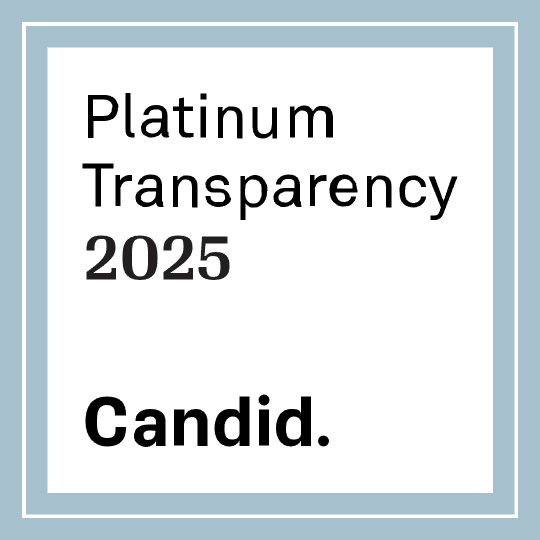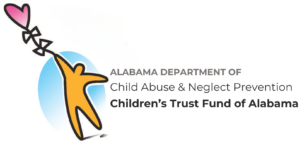It is no secret that COVID-19 has had far-reaching effects, greatly disrupting life as we once knew it. People are facing unemployment, isolation, illness, and the emotional side effects of widespread fear of the virus. Virtually everyone is affected by COVID-19 in one way or another, and those who suffer from addiction have been severely affected by the pandemic.
The quality of one’s mental and physical health is a major concern for both people suffering from addiction and those in recovery. Between social isolation taking a toll on some people’s mental health and fear and anxiety stopping people from seeking treatment, the addiction and recovery communities have faced significant struggles recently. Here are 3 ways COVID-19 has affected those who suffer from addiction – and what to do if you or a loved one is struggling right now.
1. Many meetings are being held virtually and isolation is a serious risk factor for relapse.
As cases began to increase across the United States, businesses were not the only places that closed down or turned to virtual resources. Churches, community centers, and other locations where 12-Step meetings are regularly held also closed to the public to adhere to social distancing guidelines. In an attempt to avoid large groups, the vast majority of 12-Step meetings across America transitioned to online platforms like Zoom and have continued to stay online for three months and counting.

While online meetings are a blessing during this time, it is not what people in recovery are used to. An integral aspect of recovery is socialization, human connection, and support groups, so it is difficult to adjust to the lack of human contact that meetings provide. Not only that, but Zoom fatigue is real – the brain actually has to work overtime to process virtual calls, making Zoom meetings overwhelming and exhausting for some.[1]
What to do if you are in recovery and are struggling to maintain your sobriety right now:
It’s important to remember that social distancing and isolation are two different things. Just because you’re trying to physically distance yourself from others to prevent the spread of the virus doesn’t mean you should pull away from your support group. Even though face-to-face socialization is important for recovery, online meetings are still useful tools. Continue attending meetings, call your sponsor and others in your support group, and practice coping strategies like deep breathing, meditation, or exercise in order to alleviate your anxiety, stress, or other difficult emotions. It is completely normal to feel a little depressed or lonely right now, but it is essential to deal with these emotions in healthy ways.
2. COVID-19 has made people less likely to seek treatment for drug or alcohol addiction.
A nationwide survey released by JourneyPure, a drug and alcohol treatment provider, found that the COVID-19 pandemic is not only making it more difficult for people in recovery to stay sober, but it is also making those who are struggling with addiction less likely to seek treatment. The study found that 39% of people surveyed gave up seeking treatment due to the pandemic. At the same time, there is a reported 20% increase in the difficulty of managing one’s addiction during the COVID-19 pandemic, suggesting that relapses are on the rise and the need for treatment is more important than ever.[2]
Even though addiction is a chronic and deadly disease, people who suffer from addiction often look for excuses to avoid treatment. As a result, some people may justify delaying treatment due to the panic associated with the virus. On the other hand, others have legitimate health issues, making them rightfully concerned about contracting the virus. However, we live in a digital age with a plethora of online resources to help people who simply can’t go to rehab right now. Whatever the case may be, drug and alcohol addiction kills and those who are struggling should seek help immediately.
What to do if you or a loved one is scared to seek help due to COVID-19:
It is understandable that you may be reluctant to go to treatment as a result of the virus. However, some people who suffer from drug or alcohol addiction might share needles, lack personal hygiene, or are unable to access sanitary resources. Not only that, but addiction is rampant in low-income neighborhoods, which have also been disproportionately hit by COVID-19.[3][4] Since most treatment centers are taking precautions, you may actually be safer in treatment than you think.
If you do have the resources to self-isolate and are among a high-risk population, many treatment centers are offering online outpatient therapy sessions and SAMSHA has extended buprenorphine guidelines to help meet the needs of those seeking treatment.
Ultimately, addiction doesn’t stop because of a virus, and it is no excuse for you to delay seeking the help you deserve. If you are unsure of where to start, check out these online remote resources compiled by the Partnership for Drug-Free Kids here.
3. People are relapsing, and opioid overdose deaths are concerning public health officials nationwide.
There are many factors that lead up to a relapse. However, people in recovery are dealing with feelings of isolation and boredom attributed to social distancing as well as stress and anxiety as a result of a changing routine and uncertainty of the future. All of these factors can make it difficult for some people to maintain their sobriety.

As of June 18, 2020, the American Medical Association reported that more than 30 states have seen an increase in opioid-related overdose deaths amid the COVID-19 pandemic. Not only is the AMA worried about this devastating increase, but they are also concerned about the struggles of people with mental illness and substance use disorder, as relapses are also on the rise.[5]
Although the necessary restrictions and unfortunate implications of the virus have seemingly set many people up for relapse, there are things people in the recovery community can do to hold their friends accountable. Now more than ever, it is crucial to set aside time to check on your friends, ask them how they are feeling, and see what you can do to help a friend who might be struggling to maintain their sobriety.
What to do if you have relapsed:
Addiction treatment is considered an essential service, so most treatment providers have remained open throughout the pandemic. Whether you contact your doctor or a mental health professional, they can help guide you to a treatment center that is taking the proper precautions to maintain the safety of patients and staff during this time. If you do not want to reach out for professional help, seek guidance from a sponsor, family member, or trusted member of your support group. If you have tried to get sober before just to relapse again, you know that recovery does not happen alone. Do not be afraid to confide in someone who is close to you or to ask for professional help. Ultimately, it can save your life.
Despite the far-reaching effects of COVID-19 on people in addiction and recovery, there is still help available. Whether you are in recovery, have just relapsed, or are suffering from addiction and don’t know where to start, know that you are not alone. If you are in recovery, make sure to practice self-care by eating well, getting enough sleep, exercising, and keeping in touch with your support group. If you need help getting sober, remember that addiction does not stop in the wake of a pandemic. Contact a loved one or an addiction specialist near you to find the help you deserve.
References:
- https://www.psychologytoday.com/us/blog/why-bad-looks-good/202004/are-zoom-meetings-tiring-you-out-heres-how-recover
- https://journeypure.com/ask-our-doctors/alumni/how-has-the-covid-19-outbreak-impacted-those-in-addiction-and-recovery/
- https://www.ncbi.nlm.nih.gov/pmc/articles/PMC3786055/
- https://newyork.cbslocal.com/2020/05/22/study-finds-low-income-communities-hit-hard-by-covid-19-are-also-suffering-financially/
- https://www.ama-assn.org/system/files/2020-06/issue-brief-increases-in-opioid-related-overdose.pdf









